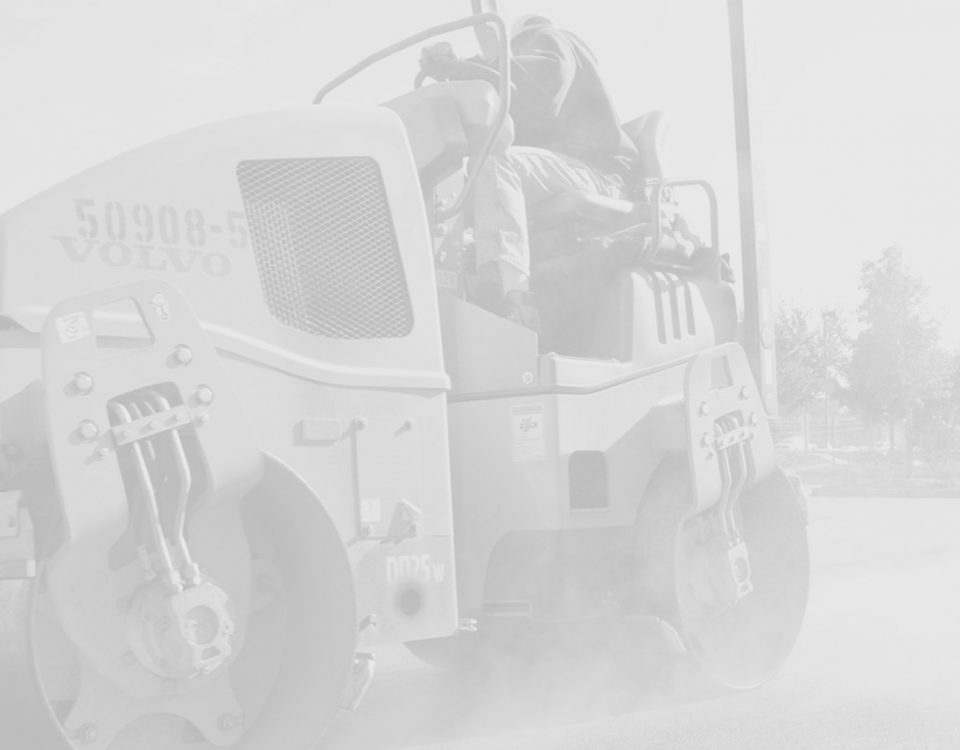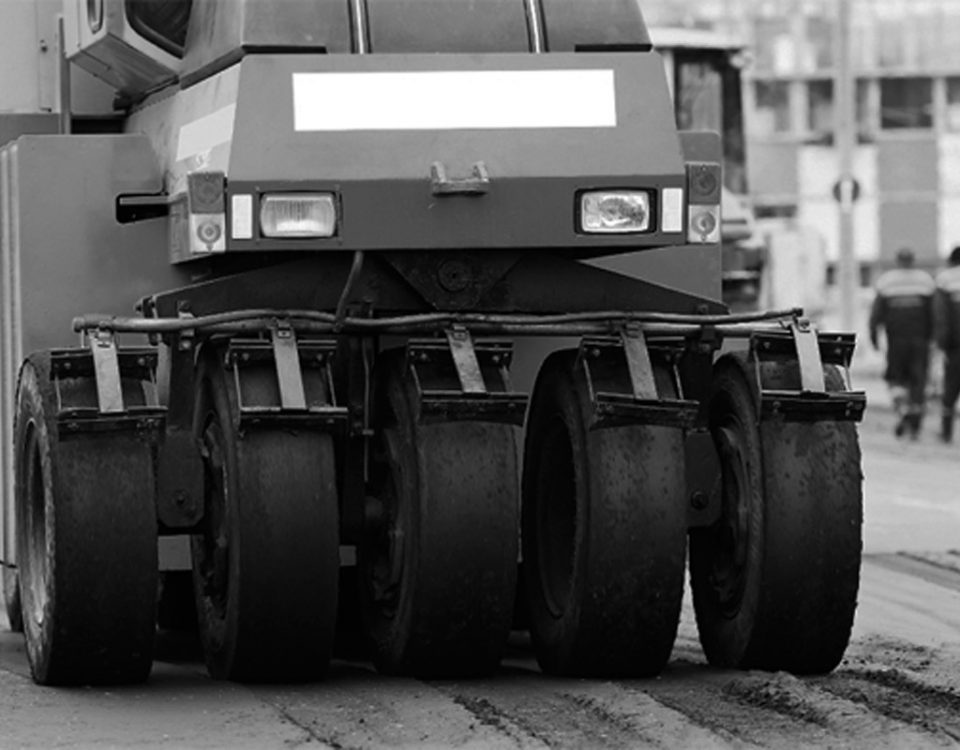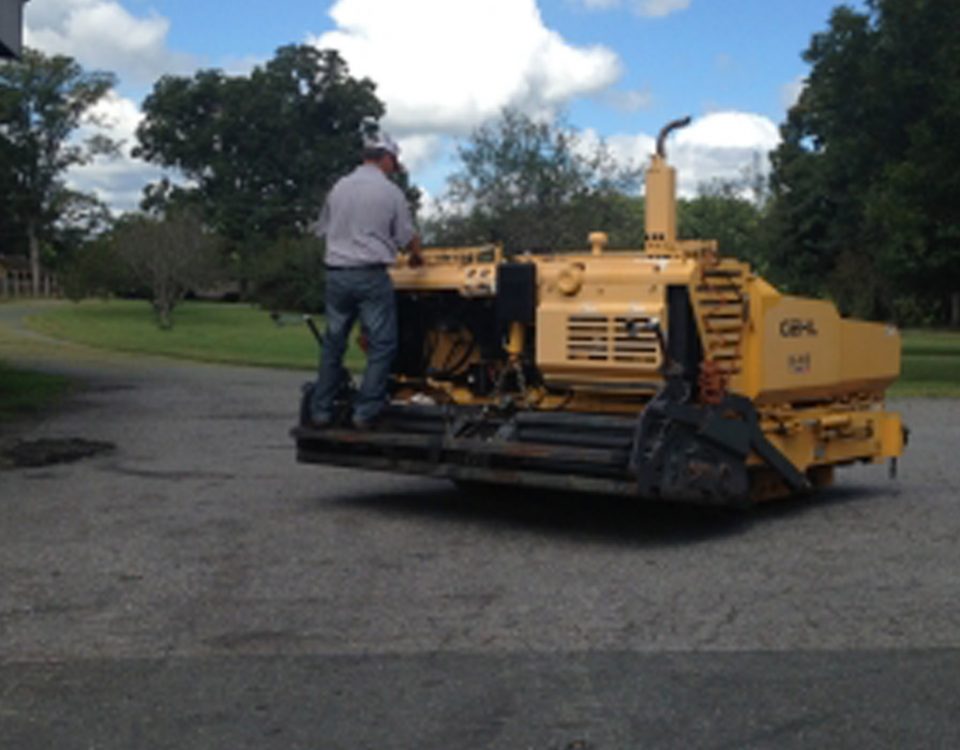
Why Asphalt Sealcoating is Necessary for your Driveway or Parking Lot?
June 6, 2016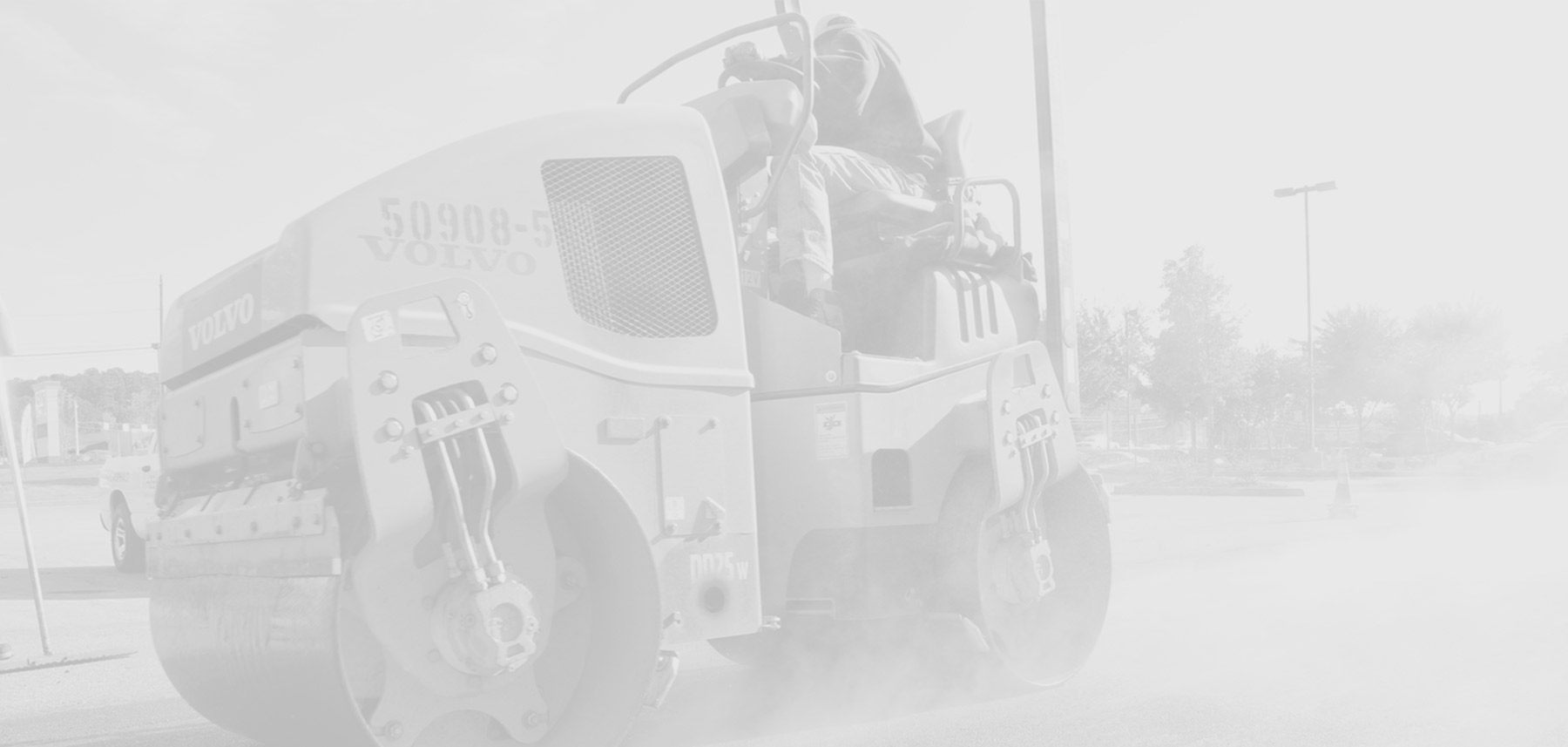
Why Asphalt is Better Than Concrete
June 22, 2016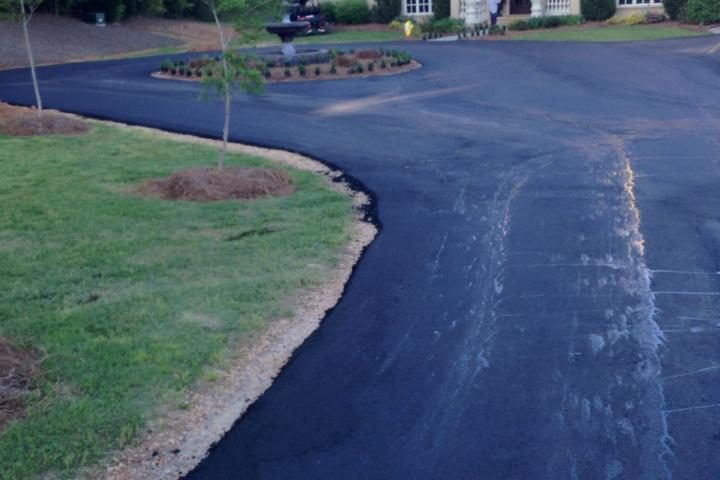
One of the important decisions you’ll make as a home or property owner is deciding whether you want to use concrete or asphalt for your parking lot. Each material has its own pros and cons, so your decision will finally depend on your unique requirements and budget.
What kind of temperature fluctuations does your region experience?
As the asphalt or concrete surface is literally the foundation of your parking lot, it must be strong and perfectly settled. If your city experiences frequent temperature fluctuations, consider asphalt as it flexes (shrinks and expands) with changes in temperature. Concrete, on the other hand, will crack under temperature changes or surface movements.
What is the maintenance associated with each?
Concrete is placed 5-6 inches thick on an aggregate base foundation. While this increases the overall cost, a rigid surface is created. Control joints are placed in concrete slabs to minimize cracking and handle heavy traffic, making for a low maintenance surface. Asphalt paving is usually laid 2-3 inches thick, and tends to wear more than concrete, requiring more maintenance than concrete.
How do they compare on cost?
Asphalt is the more cost-effective option. But, sometimes concrete can work out cheaper for very small installation jobs. That’s because of the greater equipment and mobilization needs of a concrete crew versus the same for asphalt. For a bigger parking lot, asphalt will be an economical solution.
In fact, you can use both asphalt and concrete for a single parking. Apply asphalt to most of your parking lot surface. Concrete can be reserved for sidewalks, curbs, loading areas and drainages.
Which one is more durable?
Asphalt offers up to 20 years of surface life while concrete will last you anywhere from 20 to 25 years. Having said that, how well the surface is maintained will ultimately determine how much sooner or later replacement will become necessary.
How about aesthetics?
This is a tough one, as homeowners have their own personal expectations as far as style is concerned. Some people may appreciate the fact that an asphalt driveway looks like an extension of the road, while others may prefer the look and feel of concrete.
Concrete can be stained in various colors and patterns. You can choose from a range of finishes, from brush finished and exposed aggregate to broom finish concrete. Asphalt is a little less customizable, though integral coloring and tints have become quite popular among homeowners.

